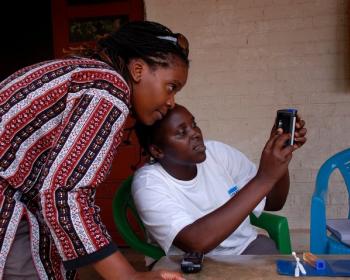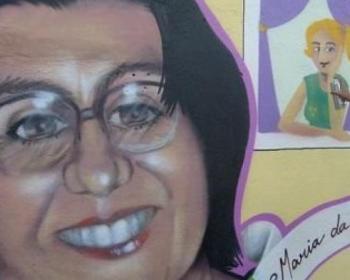Africa
Republic of Congo (Congo) has one of the most serious incidence of gender-based violence and human rights violations in the world. It is a country emerging from years of armed conflict, which has perpetuated rape and sexual violence as a weapon of war. This project aims to strengthen documentation, reporting and monitoring of domestic and sexual violence and responses of law enforcement agencies. It will do so through building the capacity of local women’s and human rights organisations, us...
Every six months, WOUGNET produces an informative newsletter on issues around internet, mobile phones and other ICTs and how they are using them to make a difference. This issue explores women and ICTs in rural Uganda, and questions whether mobiles are a luxury or a necessity nowadays.
Technology-related violence against women is increasing at an alarming rate – yet it expresses itself differently around the world. This initiative is helping women create safe and secure environments online in seven different countries in Africa, Asia, Europe and Latin America.
The PISCES Project workshop on Wireless Networking in the Developing World got off to a great start on Tuesday, July 31, 2012.
Imagine a city torn by war, overwhelmed with daily influx of people from the countryside, becoming the capital of a country from one day to the next. And then picture crazy computer people ruffled together in an abandoned supermarket, thousands of kilometres away, in another city, trying to fix the first city. These two images put together are called #OSJUBA.
From July 26-27, diverse civil society organisations from the human rights, media and ICT policy sectors met in Nairobi to discuss “Who controls the internet” at a Pan African Civil Society workshop. This is their final statement.
In the context of APC’s Action Research Network project, CIPESA developed a series of reports as a result of their research in open government data in Uganda, which shows the increasing demand for transparency and accountability through the use of ICT, as well as the existence of great expectations of the benefits that OGD could bring to the country.
This report registers the process of the open governance network building achieved during the research process in Uganda. It describes advocacy and awareness raising developed through meetings and interviews with more than 30 individuals, the use of mailing lists and social media to create awareness about open governance, dissemination and advocacy for OGD and network development with key orga...
What position will Central Africa adopt at the Internet Governance Forum in Africa? To borrow an expression from Justine Diffo Tchunkam, a teacher at the University of Yaoundé II, Central Africa has a common vision but no common position with regard to regulation of the ICT sector.
The Spear is a painting that depicts the South African president Jacob Zuma in a rallying pose, with genitals exposed. It has caused controversy and been defaced. Images of the painting have gone viral on internet. In late May 2012, the South African Film and Publications Board classified the painting, as not suitable for people under the age of 16. But in a country where one in four women is r...

Association for Progressive Communications (APC) 2022
Unless otherwise stated, content on the APC website is licensed under Creative Commons Attribution 4.0 International (CC BY 4.0)





